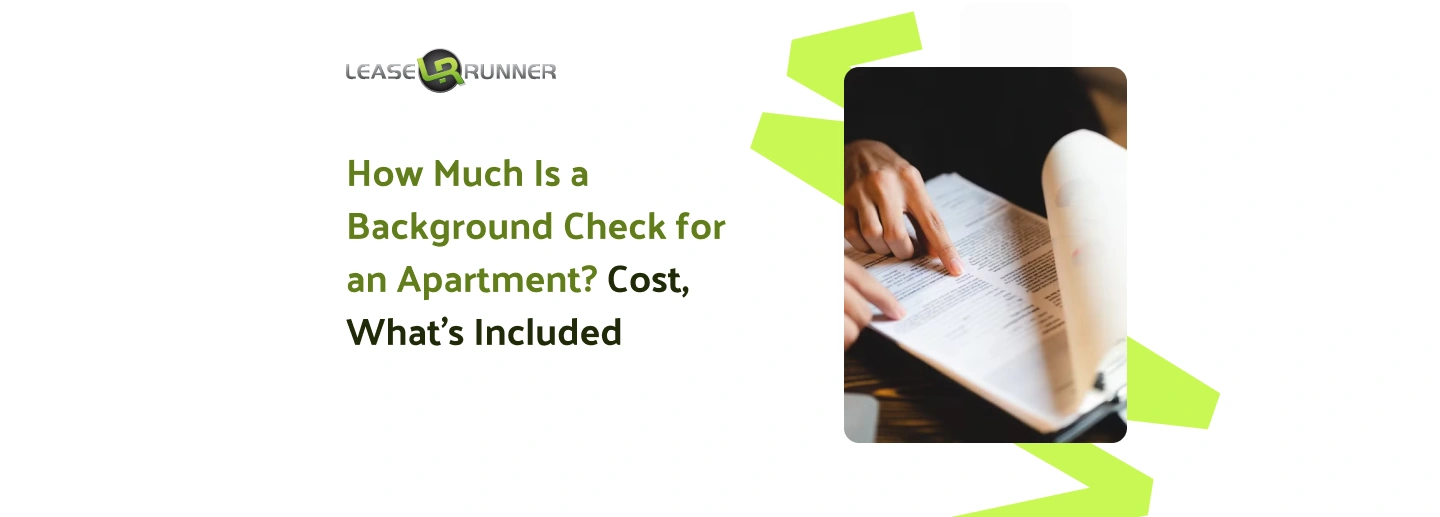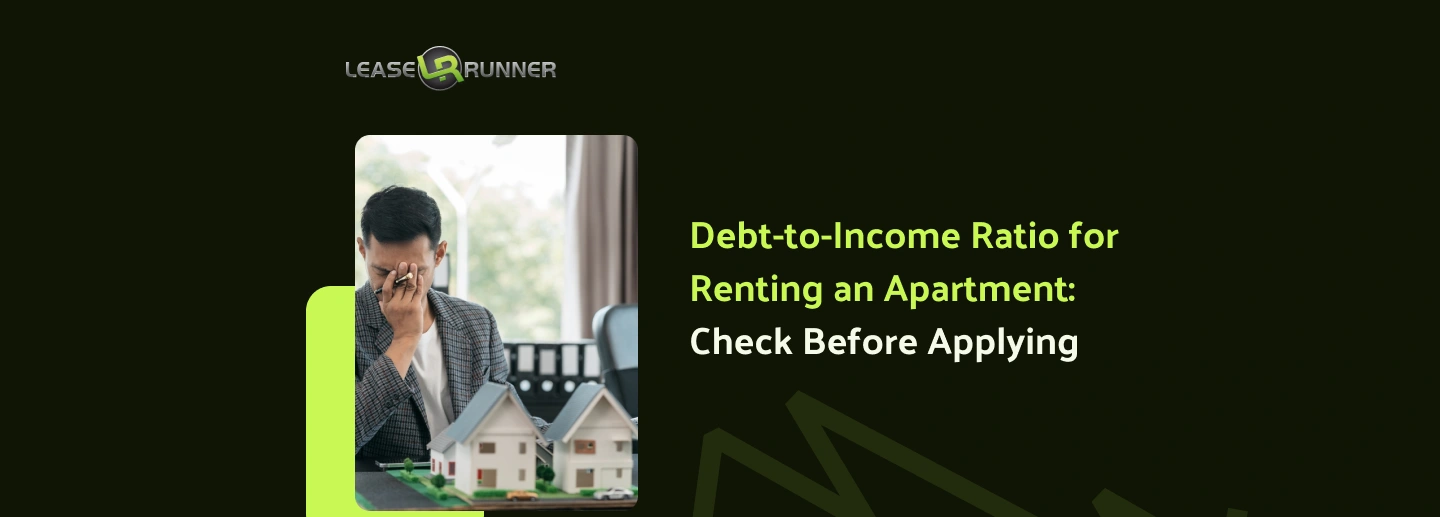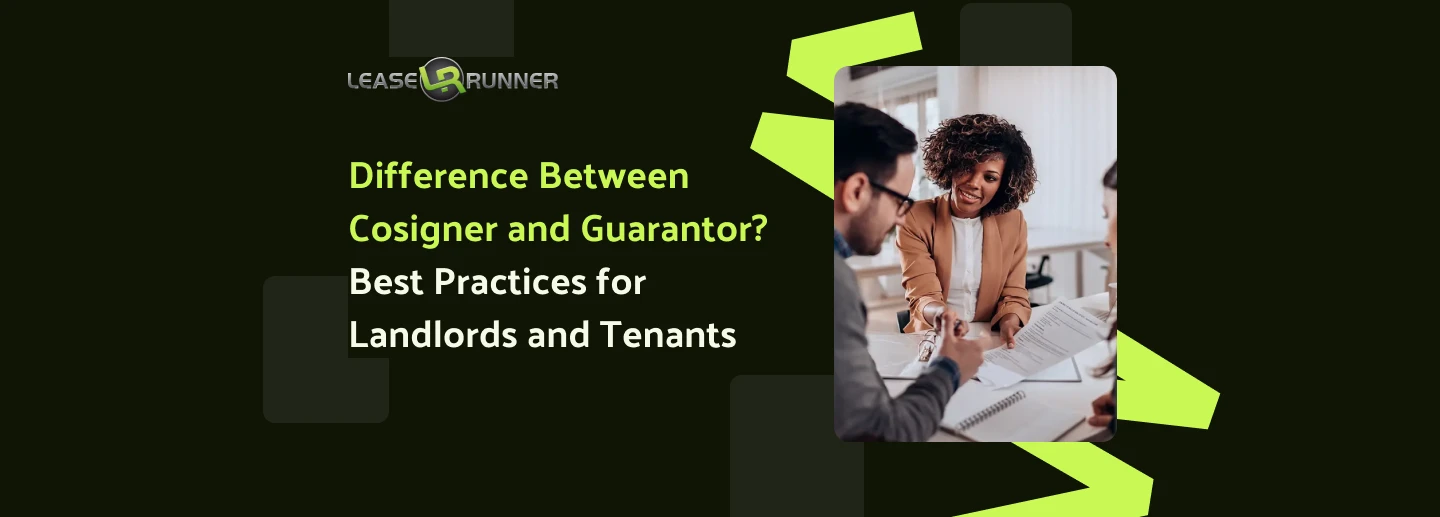
Tenant references hold the key to understanding how a renter behaves beyond the application form. Landlords who use targeted questions to ask tenant references gain valuable perspectives that prevent costly mistakes. This updated 2025 guide delivers 50+ smart questions crafted to sharpen your tenant screening strategy and secure dependable tenants!
Why Asking Tenant References Is Crucial?

When you rent out your property, you want to know who you’re really letting in. Asking tenant references can reveal how tenants handle responsibilities, pay rent, and treat the place.
What Are Tenant References?
Tenant references are people who can speak to the renter’s habits and character well, often past landlords, employers, or roommates.
These references provide honest feedback based on real experiences, showing how a tenant pays on time, follows rules, or respects the property. Tenant references give landlords a clearer status check and help make smarter decisions.
What Landlords Can Learn From Tenant References?
Tenant references offer insights that no online form or background check can fully capture. From the way a tenant treated a previous property to how responsive they were to maintenance requests, references paint a detailed picture of their habits and reliability. You can learn about a tenant’s payment history, their respect for neighbors, and even how they handle conflicts.
These details can uncover red flags early on, such as chronic late payments or property damage, that may not be obvious from just reviewing documents. Good references often confirm a tenant’s positive qualities, giving landlords confidence in their choice. In short, tenant references are a powerful tool for landlords to reduce risk and choose tenants who will care for the property properly, too.
How to Prepare for a Tenant Reference Check as a Landlord?
Before reaching out, landlords should know exactly what they want to learn from each reference. It’s also important to approach the call with an open mind and be ready to listen carefully.
What to Ask the Tenant Before You Call
Before contacting tenant references, have an open conversation with the tenant about who you plan to reach out to and why.
Ask for their permission and confirm that the people you’ll be speaking with know them well enough to provide meaningful feedback. This transparency helps build trust and ensures you’re contacting the right sources. It also gives the tenant a chance to prepare their references and clear up any misunderstandings in advance.
How to Reach Out Professionally
When it’s time to contact tenant references, professionalism makes all the difference in the quality of information you receive.
- Start by introducing yourself clearly, stating your role as a landlord, and explaining the purpose of your call.
- Respect the reference’s time by keeping your questions concise and focused on the tenant’s rental history and behavior.
- Ask open-ended questions to encourage detailed, honest answers.
A professional approach not only helps you gather better information but also leaves a positive impression on everyone involved
50+ Questions to Ask Tenant References (By Category)

To help landlords get the most accurate and useful information during tenant reference checks, it’s important to ask targeted questions. Below are over 50 smart questions organized into categories that focus on different aspects of a tenant’s behavior and reliability.
General Questions
These questions help you get a broad sense of who the tenant is and their overall experience renting. Starting with general questions warms up the conversation and provides a foundation for digging deeper. You’ll get a feel for the tenant’s personality, history, and whether they left on good terms. Some starter questions include:
- How long did the tenant rent from you?
- What was the main reason for the tenant moving out?
- Would you rent to this tenant again? Why or why not?
- Did the tenant follow the property rules and regulations?
- How would you describe the tenant’s overall attitude and behavior?
- Was the tenant respectful toward you and your property?
- Did the tenant maintain good relationships with neighbors?
- Were there any issues that stood out during their tenancy?
Rent Payment History Questions
One of the biggest concerns for landlords is whether tenants pay rent on time and handle money responsibly. These questions focus on uncovering a tenant’s payment habits and reliability. Knowing if they had late payments or communicated openly about problems helps you avoid a surprise. For rent payment matter, you can ask these questions:
- Did the tenant pay rent on time every month?
- How often were payments late, if at all?
- Did the tenant ever miss a payment completely?
- How did the tenant handle late fees or payment reminders?
- Was the tenant honest and upfront about any payment difficulties?
- Did the tenant pay via check, online, or another method? Was it consistent?
- Was the security deposit returned in full?
- Were there any disputes related to rent payments?
Property Care and Maintenance Questions
A tenant who treats your property well saves you time and money. These questions focus on how the tenant looked after the rental and whether they caused damage beyond normal wear and tear. You’ll also learn if they reported maintenance issues quickly or ignored problems.
Be sure to cover the topic with these questions:
- How well did the tenant keep the property clean and tidy?
- Did the tenant cause any damage beyond regular wear and tear?
- Were there any repairs needed after the tenant moved out?
- Did the tenant report maintenance problems promptly?
- How responsive was the tenant to property care requests?
- Did the tenant follow any specific maintenance rules (e.g., lawn care)?
- Were there any complaints about the tenant’s property upkeep?
- Did the tenant leave the property in good condition at move-out?
Communication and Conduct Questions
Good communication and respectful behavior are key to a smooth landlord-tenant relationship. These questions help you find out if the tenant was easy to reach, polite, and considerate of neighbors and community rules.
- How quickly did the tenant respond to your calls or messages?
- Was the tenant clear and polite in their communication?
- Did the tenant follow up on maintenance or other issues?
- Were there any complaints from neighbors or others about the tenant?
- Did the tenant respect quiet hours and building rules?
- How did the tenant handle conflicts or disagreements?
- Did the tenant maintain good relationships with others in the community?
- Were there any problems with unauthorized guests or noise?
Lease Compliance Questions
Following lease terms shows respect and responsibility. Lease compliance questions reveal whether the tenant stuck to the rules about occupancy, pets, and subletting. It also covers whether they gave proper notice and left the place in good shape when moving out. To know if they have high compliance with lease terms, ask:
- Did the tenant follow all the lease rules and conditions?
- Were there any unauthorized occupants or pets?
- Did the tenant ever sublet the property without permission?
- Was the tenant responsible for any lease violations or warnings?
- Did the tenant give proper notice before moving out?
- Was the tenant’s move-out timely and orderly?
- Did the tenant return all keys and access devices?
- Were there any disputes related to the lease terms?
- Did the tenant comply with parking or storage rules?
- Were there any issues with unauthorized alterations to the property?
Eviction or Early Termination Questions
Knowing if a tenant has been evicted or left a lease early helps identify serious warning signs and how the tenant handled the end of their tenancy. They also give insight into whether the tenant respects agreements and communicates well during tough situations.
So, to understand them deeply in the matter of eviction or early termination, ask:
- Has the tenant ever been evicted or faced eviction proceedings?
- Did the tenant ever break a lease early? Why?
- How did the tenant handle the move-out process?
- Were there any disputes during or after the lease ended?
- Did the tenant leave the property in good condition despite early termination?
- Did the tenant settle any outstanding debts or fees before leaving?
- Would you consider this tenant reliable in honoring lease agreements?
- Did the tenant communicate openly about their reasons for leaving early?
- Did the tenant leave any belongings behind after moving out?
- How quickly did the tenant communicate their intention to terminate early?
What Questions to Ask a Previous Landlord (Specifically)

When you call a previous landlord to ask about tenants, you’re getting information straight from someone who’s had a firsthand experience with the tenant. You should know the way to dig into important details about how well the tenant followed their lease, how smoothly they moved out, and whether there were any serious issues like eviction or early termination.
Lease Compliance
Ask the previous landlord about the tenant’s track record with lease rules. Did they stick to the terms, or did they break any rules?
- Did the tenant follow all the lease terms during their stay?
- Were there any warnings or notices given for lease violations?
- Did the tenant have any unauthorized pets or occupants?
- Were there any issues with noise or property modifications?
- How did the tenant handle parking, trash, or other community rules?
Move-Out Process and Deposit Handling
The way a tenant moves out says a lot about their responsibility. This set of questions shows how tidy they left the place and if there were any disputes about the security deposit.
- Did the tenant give proper notice before moving out?
- Was the property left clean and in good condition?
- Were there any damages that affected the security deposit refund?
- How much of the deposit was withheld, and why?
Eviction or Early Termination
These questions are crucial to uncover if there were any serious problems that led to eviction or the tenant breaking the lease early.
- Was the tenant ever evicted or threatened with eviction?
- Did the tenant end the lease earlier than agreed?
- What was the reason for early termination, if applicable?
- How did the tenant handle the lease termination process?
4 Red Flags to Watch Out For in Tenant References
Tenant references can be incredibly helpful, but sometimes they also reveal warning signs.
1. Unwillingness to Provide References
Hesitation or refusal to share references raises a major red flag, even a possible scam. Often, tenants who do this are trying to hide a poor rental history or problematic behavior.
2. Vague, Generic, or Contradictory Responses
References giving unclear, overly general answers or inconsistent stories tend to be unreliable. Such responses often suggest the tenant prepared their references or that important details are being withheld.
3. History of Payment Issues or Evictions
Repeated late payments, bounced checks, or eviction records strongly indicate risks related to rent collection and property upkeep.
4. Too Many Personal References
When most references come from friends or family rather than landlords or employers, it becomes difficult to get unbiased information, suggesting a lack of solid rental history.
Mistakes Landlords Should Avoid With Tenant References

Many landlords make mistakes that weaken the process. Avoiding these common pitfalls will help you screen tenants more effectively.
Only Asking One Reference
Relying on just one reference can give you an incomplete or skewed view. It’s best to check multiple sources to get a well-rounded picture of the tenant’s behavior and history.
Skipping Follow-Up Questions
Sometimes the first answer only scratches the surface. Not digging deeper with follow-up questions can leave important details hidden. Keep the conversation flowing to uncover the full story.
Ignoring Red Flags Out of Desperation
When you really need to fill a vacancy, it’s tempting to overlook warning signs. But ignoring red flags can lead to costly problems later. Trust your instincts and keep standards high.
LeaseRunner tenant screening service keeps tenant screening simple and solid. We can help you avoid common mistakes by providing fast, thorough background and reference checks so you can rent with confidence every time!
Conclusion
Overall, questions to ask tenant references should go beyond the basics to reveal important details about a tenant’s history. Use these questions alongside LeaseRunner all-inclusive reports for thorough and reliable screening.
FAQs
Q1. What does a personal reference mean on rental applications?
A personal reference is someone who knows the tenant on a personal level rather than a professional contact, such as a previous landlord or employer. Personal references can share insights about the tenant’s character, but may not provide information about their rental history or financial responsibility.
Q2. How to check tenant references?
Start by asking the tenant for contact information of previous landlords or employers. Prepare a list of specific questions covering rent payment, property care, and behavior. Reach out by phone or email and listen carefully for honest, detailed answers.







